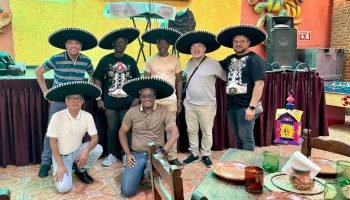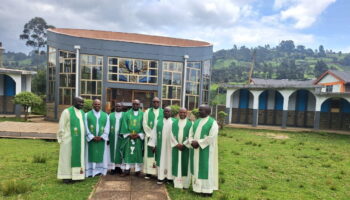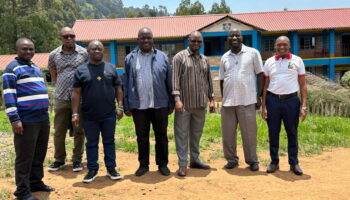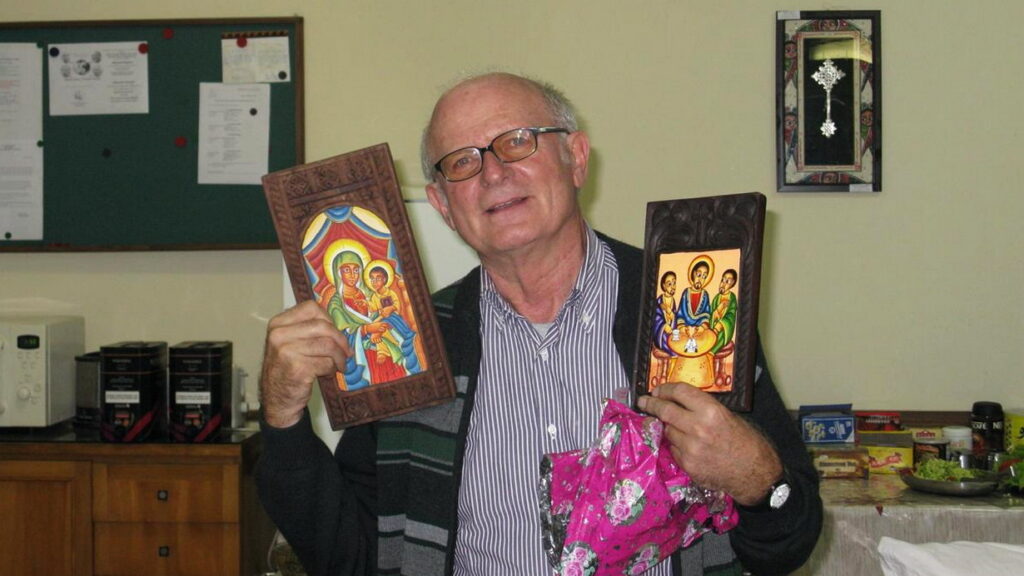
Father Antonio Vismara (1942–2005), Consolata missionary, born in Ossona, Milan, left behind a legacy of dedication and service, especially in the formation of young seminarians. His time at the Theological Seminary of Allamano House in Nairobi, Kenya, between 1997 and 2006, had a significant impact on those he formed, transforming the house into a family, as envisioned by our Founder and Father, St. Joseph Allamano.
By Maurice Awiti *
Father Vismara’s work as a formator can be understood through the evangelical notion of conversion. In this sense, one can speak of a first and a second phase in his role as formator. In his early years of service at the formation house, he arrived with a vision and preconceptions about community dynamics and formative accompaniment. However, this initial perception did not become a barrier; rather, it allowed him to open himself to a deeper understanding of the concrete reality of theology students. Thus, what at first seemed like distance became an opportunity to draw closer, with greater sensitivity to the reality of the seminarians. This helped shape a style of formation in which listening, guidance, and full support were hallmarks of his missionary and educational work.
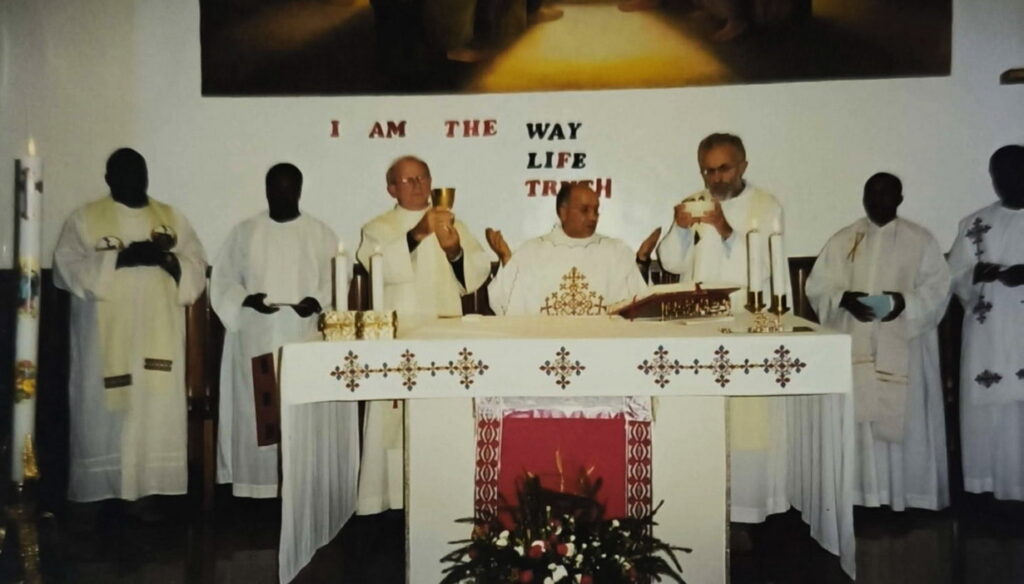
In general terms, the life and mission of Father Antonio Vismara, seen from the perspective of conversion, can be understood through three deeply interconnected dimensions: humanism, pedagogy, and religious spirituality. These three dimensions summarize the testimonies of some missionaries who were formed during his rectorship.
Humanism
Father Vismara is considered a true humanist. His constant attention to the dignity of the young in formation led him to channel external aid he received not for himself but for their benefit. At the same time, he was attentive to the poor and vulnerable who came to the seminary gates seeking help. Father Vismara promoted a lifestyle based on concrete charity and social commitment that made mission a true exercise of love and service. Moreover, his human closeness created bonds that fostered both personal and community growth.
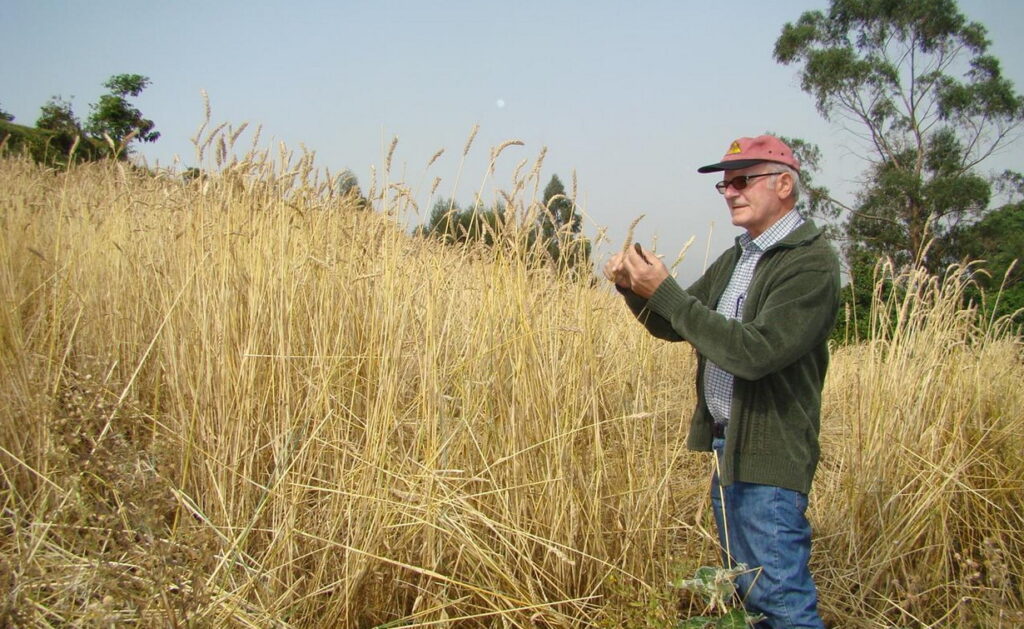
Pedagogy
From the perspective of his students, Father Vismara was not a man of grand philosophical, theological, or psychological discourses. However, his priestly formation and life experience enabled him to be a pedagogue in the mold of Saint Joseph Allamano. On the one hand, as a teacher, he insisted on the centrality of theological studies, not as an end in themselves, but as essential tools for proclaiming the Gospel.
Father Vismara often repeated: “You must study, prepare yourselves for mission. Whoever does not take advantage of this period loses everything and will never find it again. Make use of the resources of this house, such as the library, the chapel, and the computer room. The mission will not offer you the same conditions to deepen your interests, especially your knowledge.”
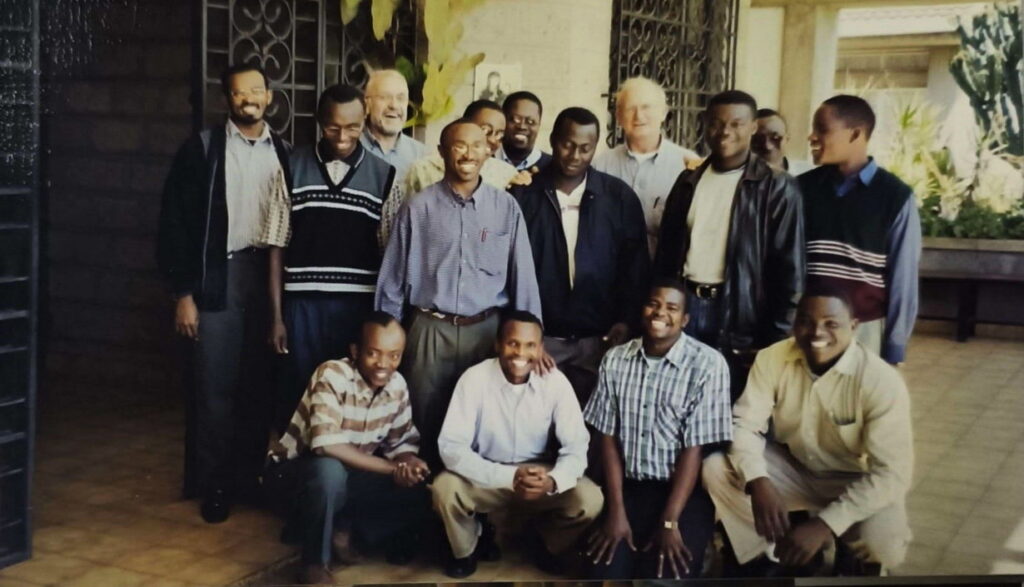
At the same time, he integrated this intellectual rigor with the practice of manual work, which he encouraged in the evenings, both to support the seminary’s finances and to strengthen discipline, humility, and the seminarians’ sense of responsibility. This synthesis of serious study and practical work reflected his holistic vision of missionary formation. Furthermore, his ability to actively listen to each student in formative dialogues allowed many to feel understood, accompanied, and strengthened in their vocational journey.
Spirituality and Religious Life
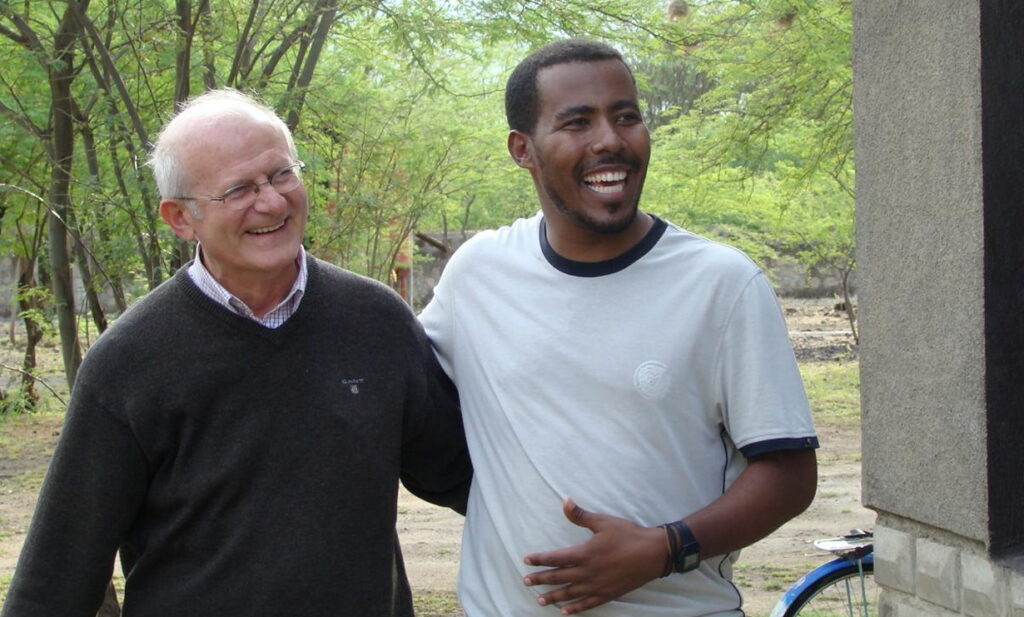
Two main characteristics of the Consolata missionary are prayer and a Marian and Eucharistic spirituality. It is there that the sons of St. Joseph Allamano find the roots that lead to consistency in all their pastoral and missionary work. Father Vismara lived a deep relationship with God, nurtured through daily prayer and the Eucharist, intimately woven into community life. From this flowed his pastoral passion and missionary zeal, faithful to his charism, convinced that mission is above all living the Gospel with authenticity, dedication, and service. In his life, theological reflection, pastoral commitment, and daily charity, were integrated into a solid spirituality and true witness.
Ultimately, the memory of Father Antonio Vismara remains a source of inspiration for the Institute, but especially for the seminarians in formation. Through his life he affirmed that formation is not limited to imparting knowledge, but also involves accompanying, understanding, and lovingly challenging those who seek to follow Christ and St. Joseph Allamano.
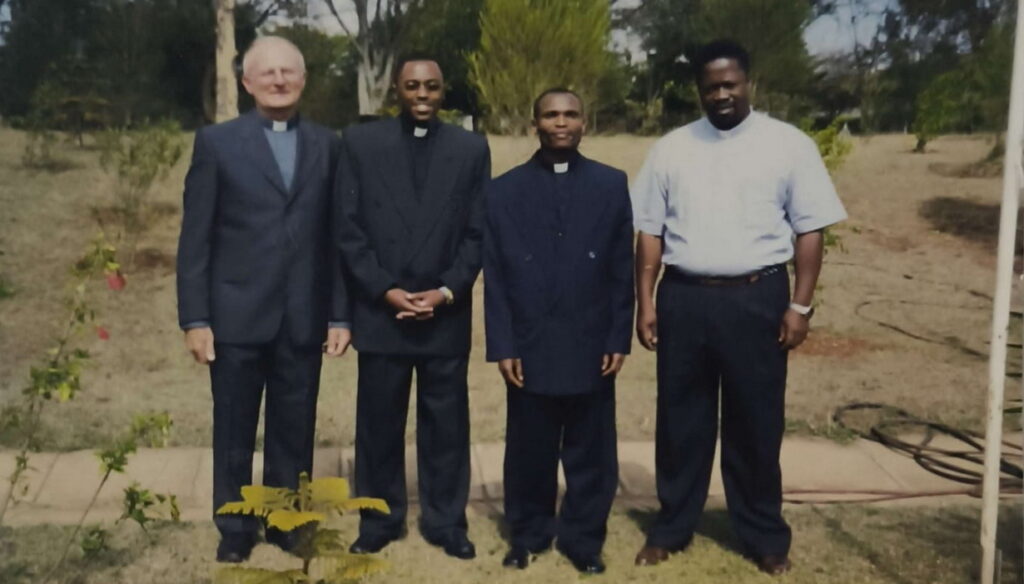
At a time when mission faces sociocultural and spiritual challenges—as well as those of artificial intelligence—the memory of Father Vismara invites us to rediscover the power of simplicity: the human gesture that reconciles, the humble work that builds community, and the deep faith that sustains hope. His memory urges us to look at our missionary and religious vocation and to ask ourselves: How can we be educators who know how to harmonize rules with the heart? How can we live mission as a transformative encounter and not merely as a pastoral task?
Grant him eternal rest, O Lord. May the soul of Father Antonio Vismara, missionary educator, rest in peace. Amen.
* Father Maurice Awiti, IMC, missionary in Colombia.

